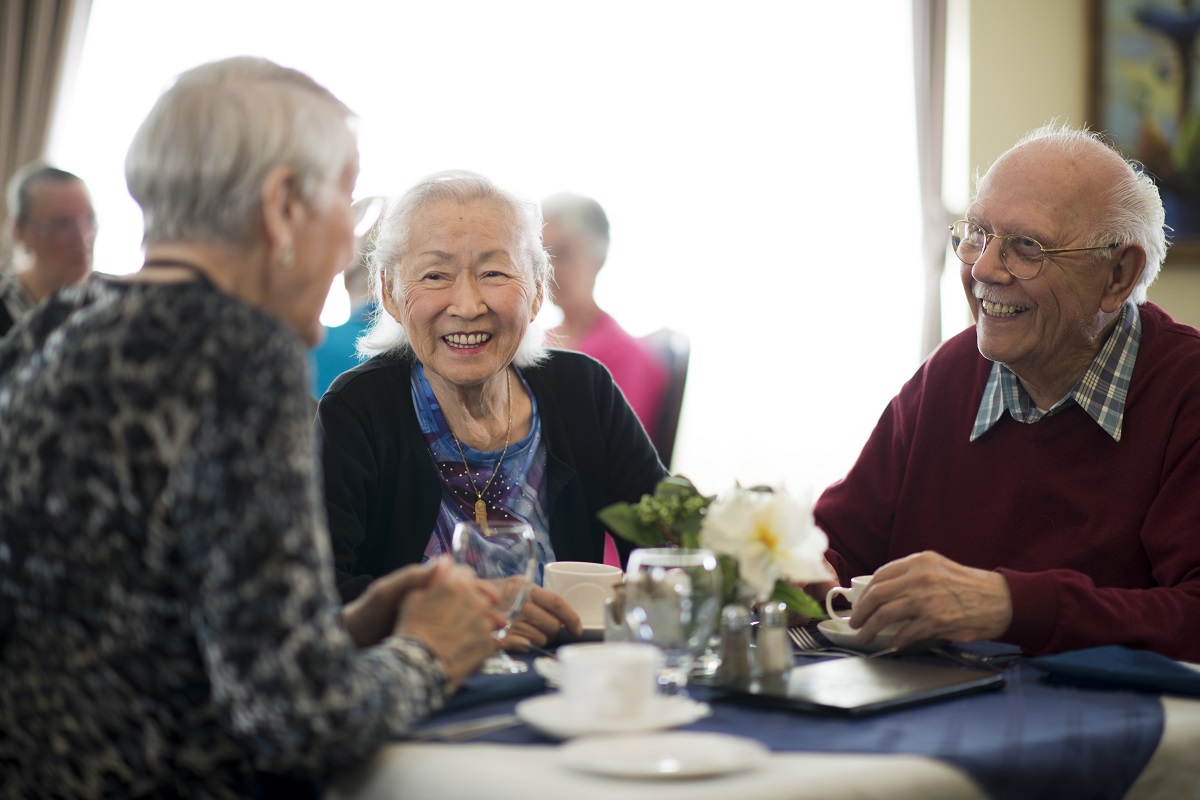
Humanoid robotic helpers and ‘dementia villages’ are among a range of innovative approaches reviewed in a Flinders University report prepared for the Royal Commission into Aged Care Quality and Safety.
In Research paper 3: Review of Innovative Models of Aged Care, authors examined innovative models of care in other countries that could help solve Australia’s aged care crisis.
The range of innovative approaches included dementia villages that maximise independence of residents and are adapted to meet specialised needs.
Small-scale domestic living models of residential aged care were also found to home to up to 16 people and have a focus on producing domestic, homelike familiar or normalised environments “where medical equipment is hidden, staff do not wear uniforms, the residents have the opportunity to engage in domestic or regular duties, staff members are allocated to work in specific living units and there is a focus on maximising resident independence and quality of life”.
The report also reflected on the benefits of respite settings aligned to a person’s background, such as farm settings which are relevant to people living with dementia who are from rural and remote areas.
The role of robotic assistants developed specifically for seniors to mimic human interactions between carers and care recipients, and for the automation of basic tasks such as medication management, were also considered.
However, the report noted that while robots were fast advancing, acceptance and adoption of the technology was providing to be challenging.
Other approaches that could have benefits in Australia include:
- Supports, such as individualised training, for people with dementia living at home and their carers. There is some evidence such supports delay functional decline and reduce depression among carers.
- System navigators or care coordinators who facilitate streamlined access to care for people with dementia or other chronic health conditions.
- Small, domestic residential care homes that maximise the independence of residents and their participation in daily activities. These small homes can be adapted for specialised needs such as people with dementia.
- Respite services provided in settings aligned to people’s backgrounds, such as farm settings for people with dementia living in agricultural areas.
- Training and accreditation practices to increase awareness and availability of culturally appropriate services for people with diverse backgrounds.
- Telehealth communications that enable better access to health and other care services for people less able to travel or who live in remote regions.
- Remote support of independent living through ‘health smart homes’ that use sensors to monitor a person’s health conditions and signs they need assistance.
The report was prepared by Flinders University, Bolton Clarke Research Institute, SAHMRI and Stand Out Report. One of the study’s authors is Caring Futures Institute member Professor Anthony Maeder.
The major report was one of two published by the Commission on January 24. The other was also prepared by Flinders University researchers who examined how aged care is delivered around the world.
In Research Paper 2: Review of International Systems for Long Term Care of Older People, the authors examine aged care systems in 22 countries, assessing aged care policies such as financing, accessibility and regulation.
Denmark and Sweden were noted as having good long-term care systems.
Both countries have government expenditure on long-term care for older people greater than 4% of Gross Domestic Product, whereas Australia spends around 1.2%.
Research papers 2 and 3 were prepared for the Royal Commission and the public. Any views expressed in them are not necessarily the views of the Commissioners.
To read the research papers, please visit the Royal Commission publications page.
Several of the Caring Futures Institute’s researchers have already provided submissions or evidence at the Royal Commission into aged care.
Watch below, Professor Alison Kitson,Vice President and Executive Dean of the College of Nursing and Health Sciences and the Institute’s Foundational Director and Knowledge Translation Lead, present a BRAVE Flinders Research and Innovation lecture on the fundamentals of care in light of the Royal Commission into aged care’s interim findings.

